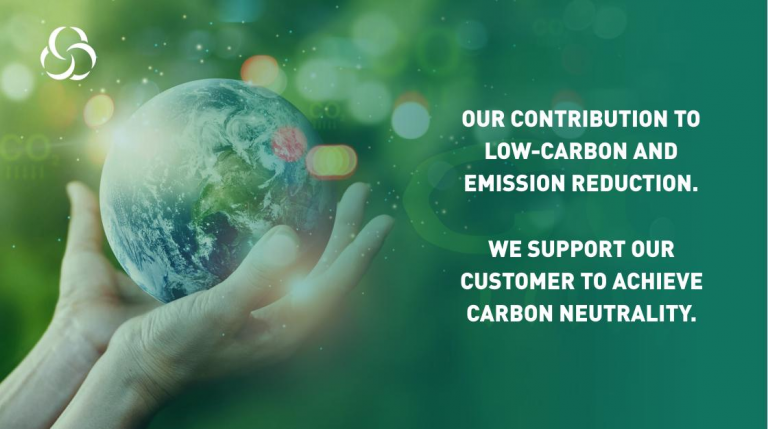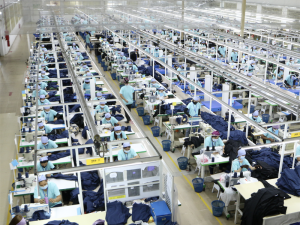In the textile industry, sustainability refers to practices and processes that are environmentally friendly, socially responsible, and economically viable. This includes a wide range of efforts aimed at reducing the negative impact of textile production and consumption on the planet and society. Key aspects of sustainability in the textile industry include:
1.Environmental Impact:
Resource Efficiency: Minimizing the use of water, energy, and raw materials in textile production.
Waste Reduction: Reducing, reusing, and recycling waste materials generated during the manufacturing process.
Pollution Control: Minimizing the release of harmful chemicals and pollutants into the environment, including water, air, and soil.
2.Sustainable Materials:
Organic Fibers: Using natural fibers that are grown without synthetic pesticides or fertilizers, such as organic cotton.
Recycled Materials: Incorporating recycled fibers and materials, such as recycled polyester or nylon, to reduce the demand for virgin resources.
Biodegradable Materials: Utilizing fibers that can naturally decompose without harming the environment.
3.Social Responsibility:
Fair Labor Practices: Ensuring safe and fair working conditions, fair wages, and respect for workers’ rights.
Community Engagement: Supporting local communities and economies where textile production occurs.
4.Circular Economy:
Product Life Extension: Designing durable products that last longer and can be easily repaired or upgraded.
End-of-Life Management: Developing systems for collecting and recycling textiles at the end of their useful life.
5.Innovation and Technology:
Eco-Friendly Technologies: Investing in technologies that reduce environmental impact, such as waterless dyeing or low-energy manufacturing processes.
Transparency and Traceability: Implementing systems to trace the origins of materials and the production process, ensuring accountability and transparency.
6.Consumer Awareness and Behavior:
Education and Advocacy: Raising awareness about sustainable fashion and encouraging consumers to make environmentally and socially responsible choices.
Slow Fashion: Promoting the idea of buying fewer, higher-quality garments that are made to last, rather than fast fashion trends that encourage frequent, disposable purchases.
SYS GROUP has always adhered to these principles, aiming to create a more sustainable future! Visit our website to learn more about us!




